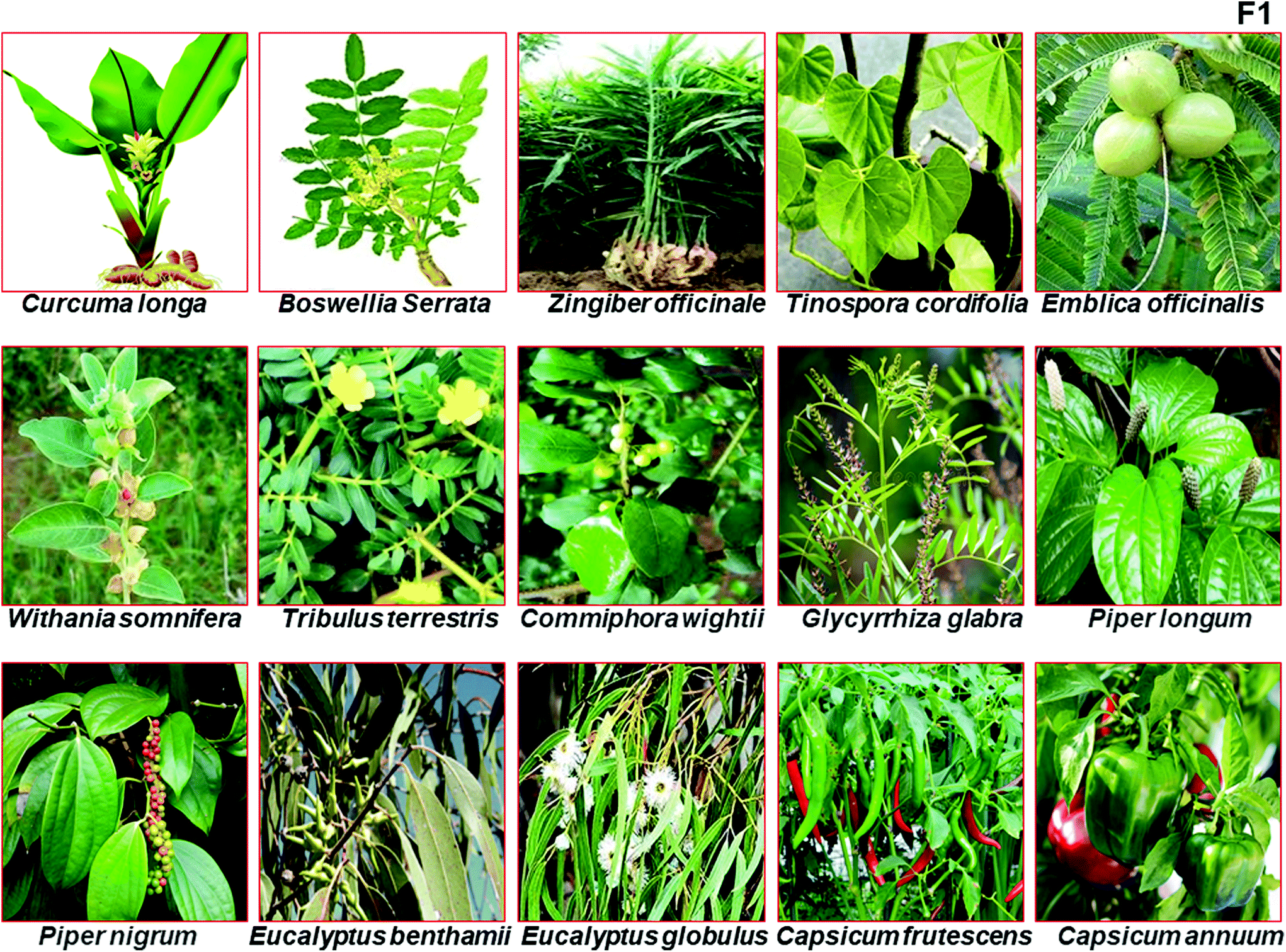108 Glen Osmond Road, Parkside

Inflammation of joints is referred to as Arthritis. Arthritis can affect a single joint or multiple joints. There are so many types of arthritis that have different causes and different methods of treatment, but the most common types of arthritis are Osteoarthritis (OA) and Rheumatoid Arthritis (RA).

Common Symptoms are :

Osteoarthritis develops as a result of stress and resultant wear and tear on a particular joint (this can be due to injury or infection, excess weight, congenital reasons, or other neuromuscular dysfunction). First, the cartilage degenerates, which then means bone surfaces are less well protected and can become damaged. This is very painful and can be accompanied by stiffness and even locking of the joint.
Rheumatoid arthritis on the other hand is a systemic inflammatory disorder that as well as affecting the joints can also affect other tissues and organs. It involves inflammation and swelling of the capsule around the joints, excess synovial fluid, and the development of fibrous tissue in the joint capsule. Long-term, this can lead to the destruction of cartilage and even fusion of the joints. Rheumatoid arthritis can also produce inflammation in the lungs, the membranes of the lung (pleura), the membrane around the heart (pericardium), and the whites of the eyes (sclera). Although the cause of rheumatoid arthritis is unknown, it is considered to be a systemic autoimmune disease.
Ayurvedic View :
The ancient Ayurvedic texts describe two basic types of arthritis that correspond with osteoarthritis (Sandhi Vata) and Rheumatoid arthritis (Amavata).
According to Ayurveda, excess of Ama (Toxins) and lack of Agni (Digestive fire) are the main causes of arthritis. Ama is a range of pre-digested and pre-metabolized products of the digestive system that exist in different forms, such as Ama- Anna, Ama- Rasa, and Ama- Dhatu. Ama has heavy molecules that obstruct the micro-channels and membrane system. This makes ama act like a foreign body, and this triggers autoimmune reactions in the body.
Different Forms of Arthritis :

Treatment of Arthritis in Ayurveda :
If the condition is particularly chronic or severe, Ayurvedic treatments can greatly reduce its debilitating effects or help prevent it from getting any worse. Because the disease process is very well understood in Ayurveda, treatment can be applied that affects changes at the root cause of the disease. The studies show that the main cause of ama-vata or chronic lifestyle diseases is toxications in the body. Modern medicine is still working for a permanent cure of the disease, but to date, there is no curable result. Also, continuing modern drugs like NSAIDs, steroids, folic acid, glucosamine, and methotrexate (which are also used to treat RA) for a long time leads to several harmful side effects like acidity, hair fall, weight gain, indigestion, stomach ulcer, addiction to medicines, etc. Whereas Ayurveda provides its management with no side effects.
Ayurveda treatment includes several therapies depending on the patient's condition. It helps in removing toxins from the body, releasing stress, vayu dosha, digestion problems, muscle strengthening, stiff or swollen joints, painful joints, morbidity of joints, fever, headache, and obesity.
Herbs and Herbal Formulations used are :

Haldi (Turmeric): Turmeric’s main active component — curcumin — is what gives the spice its yellow color. Curcumin has anti-inflammatory properties, making it a potential treatment for several health conditions, including reduced pain, swelling, morning stiffness, and increased ease of movement in people with arthritis.
Shallaki (Boswellia): Boswellia, the gum resin, contains four triterpenic acids (called boswellic acids) that specifically inhibit pro-inflammatory enzymes. This Ayurvedic medicine is being considered in the West as a promising alternative to non-steroidal anti-inflammatory drugs without the punishing side effects that NSAIDs can inflict on the heart and digestive tract. Boswellia acts as an analgesic, anti-arthritic, anti-asthmatic, anti-fungal, anti-inflammatory, anti-tumor, cholesterol-lowering, and immunomodulating.
Ginger (Zingiber officinale): Used for centuries in Ayurvedic medicines, Ginger extracts are available over the counter in pharmacies in the form of capsules and oil. In theory, ginger can reduce the activity of several chemical substances that promote joint inflammation. Some laboratory and animal studies have found that ginger extracts can reduce the production of several chemical substances (including leukotrienes) that promote joint inflammation. Ginger also contains salicylates, which your body transforms into a chemical substance called salicylic acid. Salicylic acid prevents your nerves from making certain prostaglandins, and this eases pain and discomfort.
Guduchi (Tinospora cordifolia): In Ayurveda, Giloy or Guduchi is one of the useful herbs for treating arthritis. Ayurveda believes that Ama has the main involvement in any type of arthritis, and Giloy works to reduce Ama by improving digestion and absorption due to its Deepan (appetizer) and Pachan (digestive) properties. Giloy works on reducing Ama, thereby decreasing pain and swelling in the body. Giloy reduces inflammation in arthritis by inhibiting the production of pro-inflammatory cytokines (molecules that promote inflammation).
Amla (Emblica officinalis): Amla is one of the most powerful antioxidants on the planet, which is excellent for people with rheumatoid arthritis. It’s also the fruit with the second-highest density of vitamin C on the planet (only surpassed by the Barbados cherry), and packed with key nutrients like calcium that all contribute to amla’s proclaimed health benefits. Amla has a strong anti-inflammatory effect.
Ashwagandha (Withania somnifera): Ashwagandha acts as a pain reliever by preventing pain signals from traveling along the central nervous system. It has wonderful anti-inflammatory properties because of biologically similar steroids. For this reason, some research has shown it to be effective in treating forms of arthritis, including rheumatoid arthritis.
Gokshura (Tribulus Terrestris): Gokshura (An important mechanism of anti-arthritic activity is the membrane stability modulating effect. The activity is probably due to the presence of flavonoids. These flavonoids have a surface charge neutralizing effect. It was found that the administration of Tribulus terrestris can lead to inhibition of leukocyte migration, which may have beneficial effects for joint preservation. The activity may be due to the presence of a steroidal glycoside.
Guggul (Commiphora): Guggul, a gum resin, has been used for centuries in Ayurvedic medicine to manage obesity, arthritis, and inflammation. Guggul contains a mixture of plant compounds, including natural steroids, essential oils, lignans, flavonoids, carbohydrates, and amino acids — all of which may be responsible for its various health effects. Purported to have anti-inflammatory and antioxidant properties, it has been used in ancient medicine to protect against a variety of diseases, especially arthritis.
Mulethi (Licorice): Licorice has anti-inflammatory agents like Glycyrrhizic acid, liquiritin, and liquiritigenin, as these three compounds inhibit the elevation of pro-inflammatory markers such as nitric oxide, interleukin, etc. It significantly helps to reduce inflammation due to the suppression of these inflammatory mediators. It has an excellent effect on arthritis and other joint inflammation conditions.
Classical Herbal Formulations Used for Arthritis are:
Taking care of yourself is a big part of arthritis treatment. It includes activity and exercise, proper diet and weight management, and stress reduction. Contact expert doctors at Life Line Ayurvedic Herbal Clinic to find the best possible Herbal plan and Detox Panchakarma Therapies for all your arthritis-related problems. CONTACT
Disclaimer : Sandeep Kumar and Anupam Vasudeva are not GP, they have Ayurveda medical degree from India where it is considered equal to any other medical degree. This qualification is recognized in Australia by vetassess governing body as Complementary Health Therapists. Life Line Ayurvedic Herbal Clinic does not claim to cure a disease or terminal illness and does not create any unreasonable expectation of beneficial treatment. Ayurvedic medicines and treatments are generally considered to be safe but rarely may be associated with possible adverse reactions in individual cases. We recommend seeking urgent medical attention in the case of an adverse reaction. This website provides you with information. You must contact your Ayurvedic or another health professional before you apply them. Read More